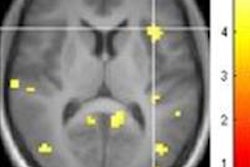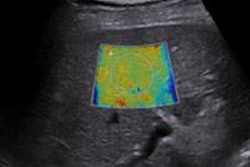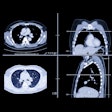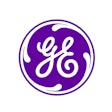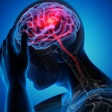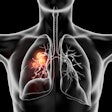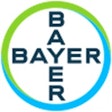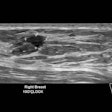Dear AuntMinnieEurope Member,
The controversy over gadolinium-based contrast agents is showing no sign of going away fast.
In the latest development, a U.K. group has released the findings of a national survey about clinical practice for assessing renal function prior to contrast-enhanced MRI. More consistency is crucial to minimize risk and ensure safety, they warn. Find out more in our MRI Community, or by clicking here.
Meanwhile, Willi Kalender, PhD, and his colleagues in Erlangen, Germany, published a new study about breast CT. He's one of those researchers you simply can't afford to ignore. Visit the Women's Imaging Community, or click here.
I doubt many of you are regular followers of the Society for the Study of Ingestive Behavior (SSIB), but some intriguing research is being presented at this week's SSIB meeting in Porto, Portugal. To explain how the stomach tells the brain it's full during a meal, Dutch researchers have combined MR images of the stomach with functional MR images of brain activity. Get the details here.
A joint Swedish/U.K. team also made good use of functional MRI (fMRI). To calculate false-positive rates, the investigators retrospectively performed random group analyses of software commonly used for fMRI. Go to the Advanced Visualization Community, or click here.
It's time for radiologists to make shear-wave elastography a standard technique for assessing the liver, according to ultrasound pioneer Dr. David Cosgrove. For his latest thinking on this emerging technique, click here.
Finally, three top European cardiac imaging specialists have developed an app to simplify the teaching and practice of cardiac MRI. Since the launch earlier this year, there have been more than 2,000 active users on iPhone and almost 1,700 unique users of the web app. Click here to learn more.




